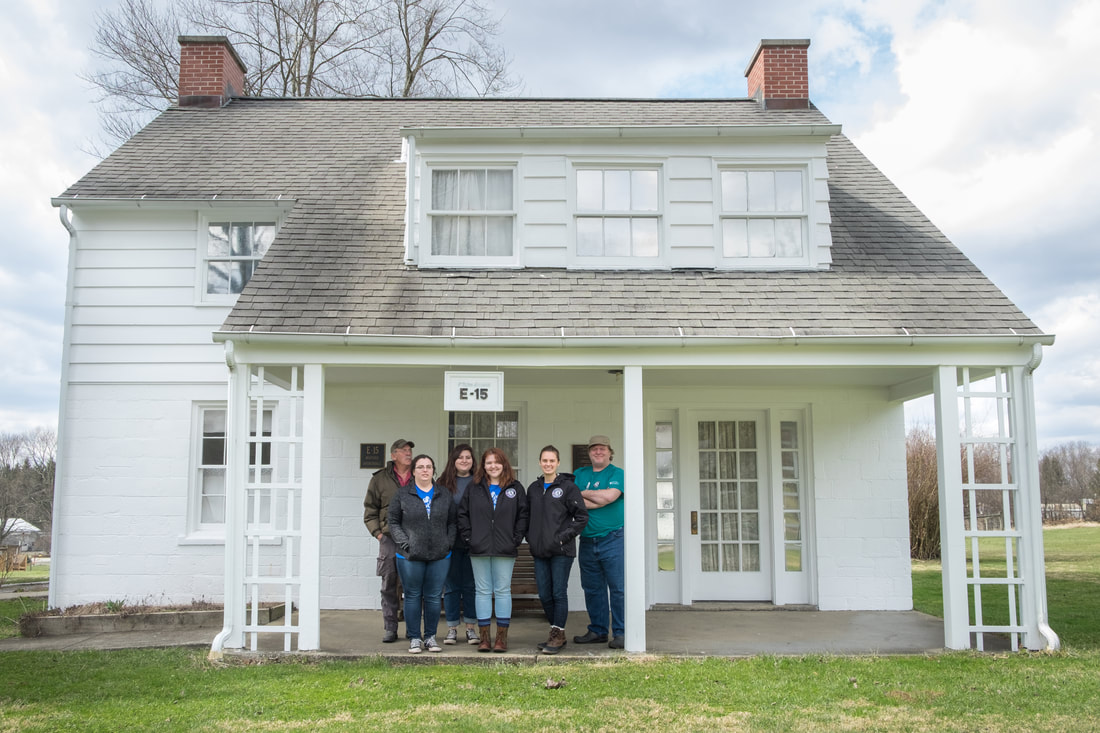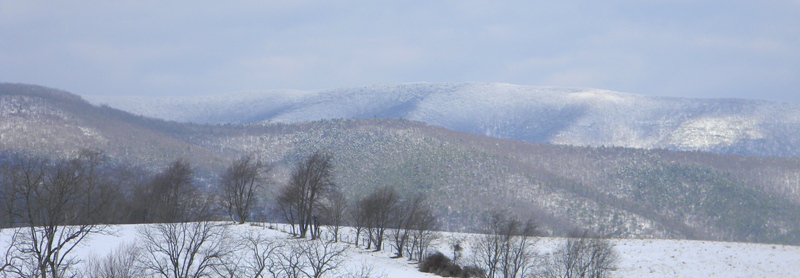|
A recent study of the Preservation Alliance of West Virginia’s AmeriCorps program suggests its heritage tourism programming is an important economic engine for West Virginia, according to Danielle Parker, executive director for the alliance. The study found that more than half of travelers who visit the program’s heritage sites traveled from more than 50 miles and that each visit generated nearly one night’s hotel stay and an average of $271.30 for the local economy, Parker said. Heritage tourism usually include museums, state parks, historical theaters, and living history sites such as Jackson’s Mill, near Weston, or Carnegie Hall, in Lewisburg. The study also found that museums and historical organizations contribute positively to the quality of life in the state’s cities and towns and that people enjoy and learn from their visits to sponsor organizations, Parker said. The alliance worked with McMahon Consulting Group to study the effects that the program and heritage tourism have on West Virginia. “We discovered that AmeriCorps members are essential to providing an excellent visitor experience and to developing their site for tourists,” Parker said. “It’s clear from the study that AmeriCorps members’ service is leading to more effective organizations and improving the quality of visitor experiences.” The Preserve WV AmeriCorps program is a statewide service initiative in which AmeriCorps members are engaged to Main Streets thrive and communities capture their history, and to preserve beloved historical landmarks. AmeriCorps members serve one-year terms at historical organizations where they complete special projects aimed at developing heritage-tourism destinations and improving the sponsoring organization’s ability to carry out its missions. There are more than 20 historical sites sponsoring Preserve WV AmeriCorps members in 2019, Parker said. Two high-profile sponsors include Cockayne Farmstead, at Glen Dale, and the Waldomore, at Clarksburg. Jessica Kittle, assistant director for the memorial foundation for Pricketts Fort State Park, reported that her organization’s participation in the program for two years benefited the foundation “by helping us fulfill our mission of preservation through various projects that we would not have been able to complete on our own.” The Preserve WV AmeriCorps program is celebrating its sixth year of operation and is currently competing to become a nationally-recognized program. Download the full report here.
2 Comments
U.S. Sen. Joe Manchin, D-W.Va., is praising federal legislative action this week for protecting the Appalachian Forest Heritage Area, which is part of 18 counties including Randolph County.
Manchin, a ranking member of the Senate Energy and Natural Resources Committee, secured the permanent reauthorization of the Land and Water Conservation Fund, the national designation of the Appalachian Forest Heritage Area and an increase in the funding cap for the Wheeling National Heritage Area as part of the Natural Resources Management Act. “I’m proud to have worked with my colleagues on both sides of the aisle to finally permanently reauthorize LWCF so our land management agencies can operate fully and without the fear of losing access to the funding they rely on. The Appalachian Forest Heritage Area is a treasure in Randolph County and this national designation is long overdue,” Manchin added. “By reauthorizing the Land and Water Conservation Fund, this bill supports West Virginia’s heritage and outdoor recreation economy and keeps faith with the important idea that America’s outdoors and public lands are part of who we are as a nation,” said Angie Rosser, executive director of West Virginia Rivers. LWCF is a conservation tool that ensures states and federal public land management agencies are able to protect and conserve our natural resources without relying on taxpayer dollars. In West Virginia, LWCF funded the acquisitions of the Gauley River National Recreation Area, New River Gorge National River and Dolly Sods. Since 1965, more than $243 million in LWCF funds have been spent in West Virginia on more than 500 projects, both on state and federal lands. This includes improvements to local parks and public spaces in 54 of West Virginia’s 55 counties. To read the full article, visit the Intermountain's website at www.theintermountain.com/news/local-news/2019/02/forest-heritage-area-receives-designation/?fbclid=IwAR1sTMTTTLEegcPCRiZrjqIitSA2InvF1267CLT4wF1MFTAPznAV8dW4BKA |
News and NotesCategories
All
Archives
May 2024
Subscribe to our mailing list to receive e-news updates on historic preservation news and events in West Virginia.
|
Get Involved |
Programs |
Contact UsPreservation Alliance of West Virginia
421 Davis Avenue, #4 | Elkins, WV 26241 Email: [email protected] Phone: 304-345-6005 |
Organizational Partners:
© COPYRIGHT 2022 - PRESERVATION ALLIANCE OF WEST VIRGINIA. ALL RIGHTS RESERVED.



 RSS Feed
RSS Feed



